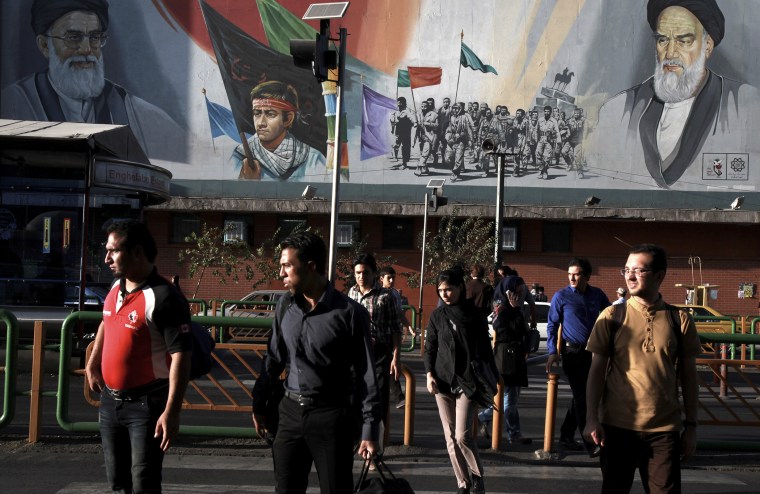Under mounting pressure from Congress to show a firm hand in negotiations with Iran to halt its nuclear program, the Obama administration announced it will begin cracking down on existing sanctions against the country on Thursday. The list of companies and individuals targeted in the Treasury Department’s list include at least two Singapore-based companies, as well as a handful of firms that are accused of aiding Iran’s nuclear and missile programs and providing material for its heavy-water reactor facility.
The announcement came shortly before Undersecretary of State Wendy Sherman, a lead negotiator in the short-term agreement brokered last month to pause Iran’s nuclear program in exchange for nearly $7 billion in sanctions relief, and the Treasury Department’s David Cohen testified before the Senate Banking Committee.
Members of Congress are showing impatience with the six-month deal, which has yet to take effect and could be extended an additional six months. While some lawmakers say additional sanctions should be imposed on Iran to ensure its leadership comes to the negotiating table in 2014 as the two sides attempt to frame a long-term deal, President Obama and his administration maintain that imposing a new round of sanctions would show bad faith in the process for the U.S and its allies. (Iran is entering into this agreement with the five permanent members of the U.N. Security Council and Germany.) The timing suggests that the administration could be trying to stave off an uncooperative Congress by being tough on Iran while engaging in negotiations.
Senate Banking Committee Tim Johnson, a South Dakota Democrat, voiced his support for the administration in its push for less interference in the negotiation process during comments at the end of the hearing.
“Stopping Iran's illicit nuclear activities are vital to our national security and that of our allies, including Israel,” Johnson said. “If no final deal is reached or Iran fails to comply with the first step agreement, this committee will act swiftly to impose a new round of sanctions in the meantime I agree with today's witnesses that a pause on new sanctions legislation is justified to see if such a deal is possible.”
